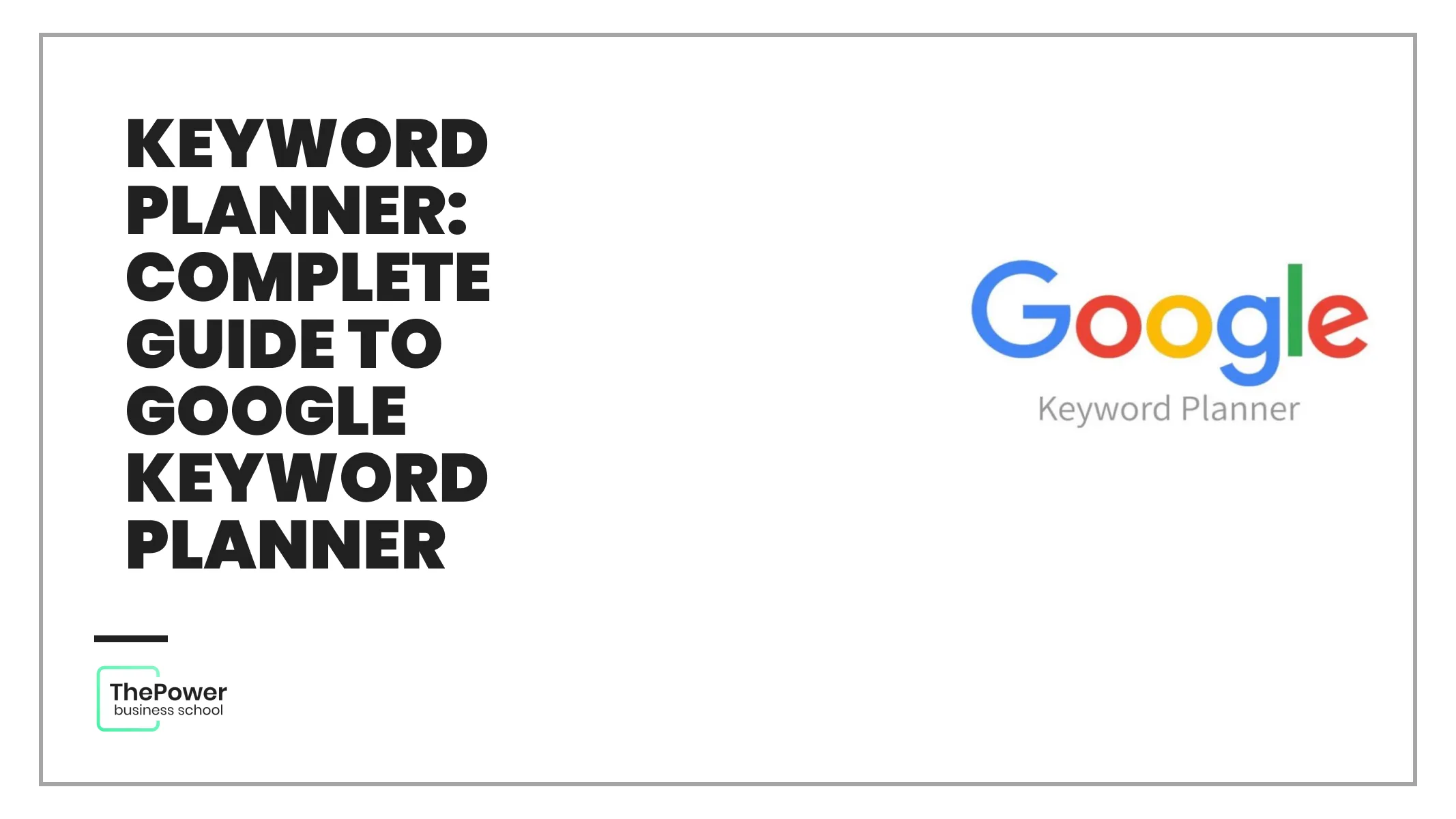
Claudia Roca
What is the purpose of any company? To satisfy the needs of its customers. If you think about it, all businesses have the same objective, but we rarely ask ourselves what are needs and wants.
Knowing the difference between the two will help you detect where your ideal customer is, what their unmet needs are and how you can help them improve their quality of life.
Can you imagine offering a Ferrari to someone who uses public transportation? How about selling a package tour through a cruise ship to a family that is struggling to make ends meet?
Neither of these are right, and here's how you can solve it:
What are wants and needs in marketing?
It's not easy to define needs and wants in marketing, but let's give it a try.
Let's start with needs. They are states in which someone lacks something that is essential for his/her survival. Therefore, there's water, food, utilities, personal hygiene and transportation as services that address these requirements.
On the other hand, desires or "wants" are demands of an individual that go beyond the need for survival and are adjusted to the culture and personality of each person.
Luxury, status and ego are some of the items that underlie someone's desires. Brands must detect what their target customer's desire is in order to adjust their products to increase the likelihood of sales.
Maslow and the hierarchy of needs
Marketing must understand the behavior of its consumers very well in order to create specific strategies to satisfy their needs.
Maslow's hierarchy of needs has been a great help for many years to understand the level of needs of each person according to the situation in which he or she finds him or herself.
Let's look at them one by one in detail:
1. Physiological
First of all, we find the physiological needs, which are essential for the survival of the human being.
Here we find food, oxygen, clothing, water, sex... These products are usually bought in retail establishments, so competition is quite voracious.
If you are going to enter this niche, you have to attack very well the need for survival and show the brain that it will be more protected with your product than with your rival's product.
2. Physical and emotional safety
The second scale of the pyramid is made up of physical and emotional security. It's about protection, the need for order and a certain stability.
We find then a job or source of work, own or rented housing and a place where you can function without major setbacks.
3. Social needs
We continue climbing and we find the social needs, which are of great importance for the development of any person.
Here we have affection, friendship and a sense of belonging. As a brand, you can take advantage of this through products or events that help the customer feel part of something, of a movement.
A very clear example is what Apple does every time they promote a product. They don't just offer something technological, they encourage you to break the status quo and live life to the fullest.
Sports teams also use this as a way to create affinity groups around a particular topic.
4. Ego and self-satisfaction
Prestige, respect, status and feeling good about yourself: that's what the top of the pyramid is all about.
Luxury brands fill this void perfectly, while a sense of purpose fills that self-realization we all seek with our lives.

Examples of “need” and “want”
Once we've seen these examples of Maslow's famous pyramid we can identify times when someone has a want or a need.
A newly married couple is looking for their first house to live in. The idea is to buy it on credit according to the financing plans offered by the banks to stabilize and fulfill the dreams they planned when they got married.
This is a basic need, as every family needs a roof over their heads to provide stability and protection.
Meanwhile, an established couple is looking for a second or third summer home. They already have a primary home and long for something to spend their weekends or vacations each year.
Of course, these people have their basic needs more than met, so they have a desire that exceeds the first levels of Maslow's pyramid.
Thus, you as a marketer cannot offer the same benefits to the couple just starting out in life as you can to those looking for their second or third home. Knowing this will make the difference between success or failure in a sale.
Importance of knowing wants and needs in marketing
Knowing wants and needs is one of the many areas you need to be aware of if you are in charge of marketing a company.
People have different tastes and desires, but they are all framed within Maslow's pyramid. The most important thing to understand here is that no person will move to the next level on the scale until they overcome their previous needs.
Therefore, it's not advisable to sell a luxury watch to someone who is looking for something inexpensive just to see the time and date. Their priorities are very different from someone who has three watches and can buy something that will help them elevate their status and ego.
Final recommendations
It's very common to make several marketing studies when launching a product to the market. Business plans are based on the target customer, so it makes sense to spend time studying your audience.
However, now you not only have to study them, but also determine if they have a specific need or desire. Remember that they are completely different and will completely change the approach you take to your product.
It's time to adapt your speech to what your customer requires, at the end of the day he is the one who has the money and the decision on whether to buy from you or from the competition. That is why wants and needs are a very important research in any marketing strategy.
Now tell us: have you already identified your customer's needs and desires?
Jun 26, 2023








